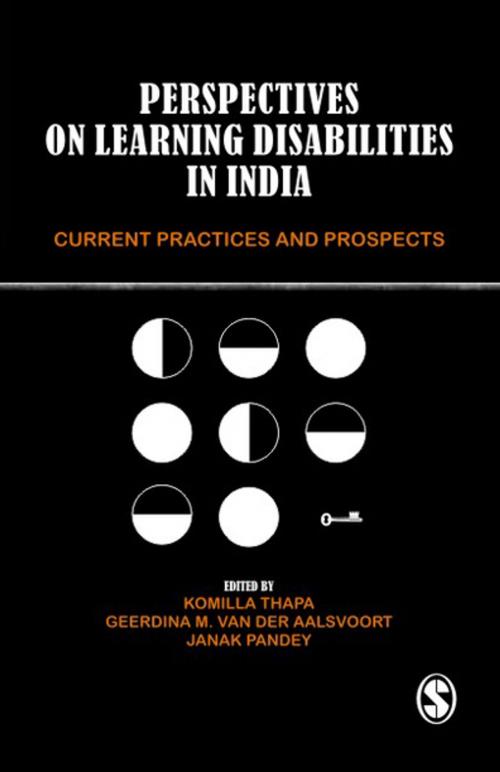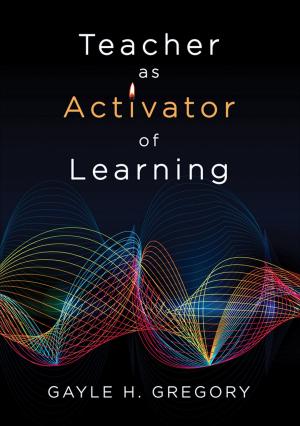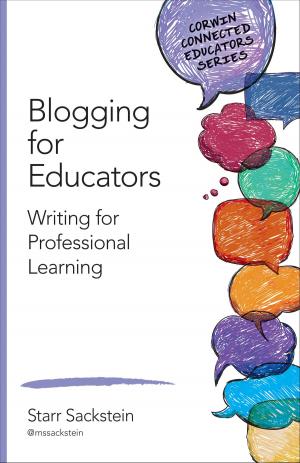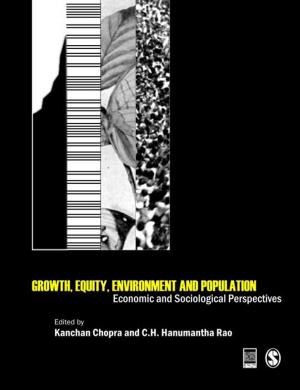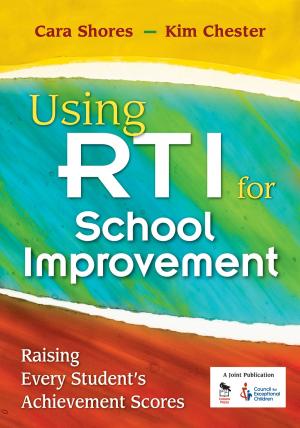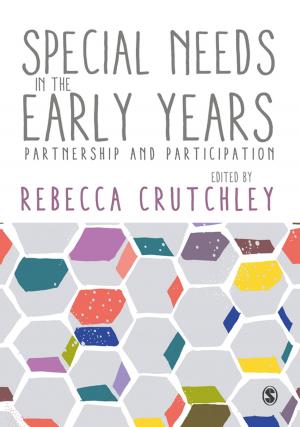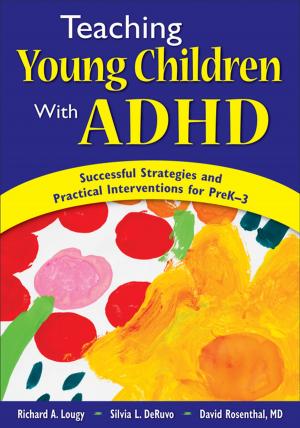Perspectives on Learning Disabilities in India
Current Practices and Prospects
Nonfiction, Reference & Language, Education & Teaching, Special Education, Learning Disabled, Health & Well Being, Psychology, Child & Adolescent, Child Development| Author: | ISBN: | 9789352801657 | |
| Publisher: | SAGE Publications | Publication: | July 9, 2008 |
| Imprint: | Sage Publications Pvt. Ltd | Language: | English |
| Author: | |
| ISBN: | 9789352801657 |
| Publisher: | SAGE Publications |
| Publication: | July 9, 2008 |
| Imprint: | Sage Publications Pvt. Ltd |
| Language: | English |
Learning disabilities (LDs) remain one of the least understood and most debated disabling conditions that affect children. Perspective on Learning Disabilities in India: Current Practices and Prospects showcases how researchers and practitioners in the country have evolved strategies to resolve the fundamental questions related to LDs, while focusing on marginalized and disadvantaged groups. It not only highlights the basic issues and controversies in this field but also presents innovative, theory-driven approaches to the assessment and remediation of LDs. It also emphasizes the role of teachers—a useful resource in the absence of trained professionals—in the identification of LDs in children.
The book offers a rich overview of ways to proceed in case of LDs, thus making it a must-read for researchers, experts, and professionals associated with this field. The expert contributors to this volume provide heuristic insights that can facilitate the formulation of a research agenda and services for people with LDs in India, where research and practice in the field is still at a nascent stage.
Learning disabilities (LDs) remain one of the least understood and most debated disabling conditions that affect children. Perspective on Learning Disabilities in India: Current Practices and Prospects showcases how researchers and practitioners in the country have evolved strategies to resolve the fundamental questions related to LDs, while focusing on marginalized and disadvantaged groups. It not only highlights the basic issues and controversies in this field but also presents innovative, theory-driven approaches to the assessment and remediation of LDs. It also emphasizes the role of teachers—a useful resource in the absence of trained professionals—in the identification of LDs in children.
The book offers a rich overview of ways to proceed in case of LDs, thus making it a must-read for researchers, experts, and professionals associated with this field. The expert contributors to this volume provide heuristic insights that can facilitate the formulation of a research agenda and services for people with LDs in India, where research and practice in the field is still at a nascent stage.
